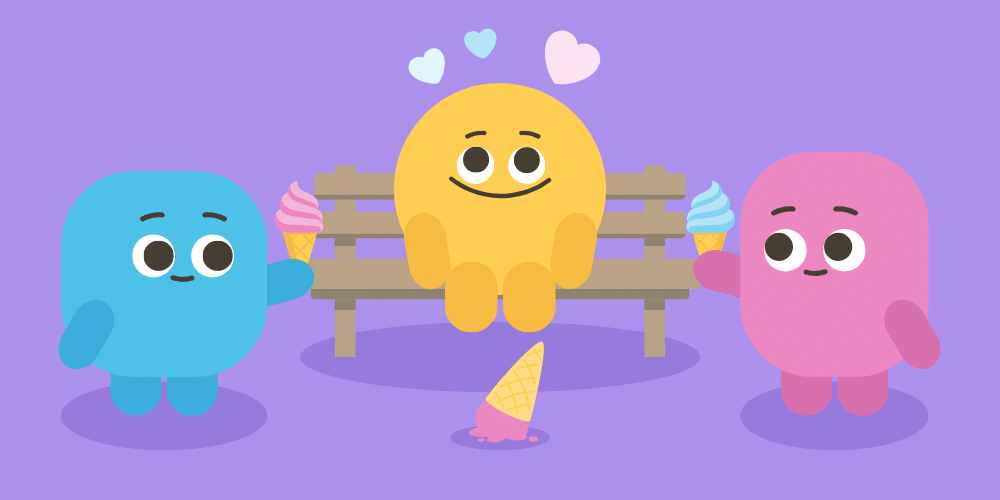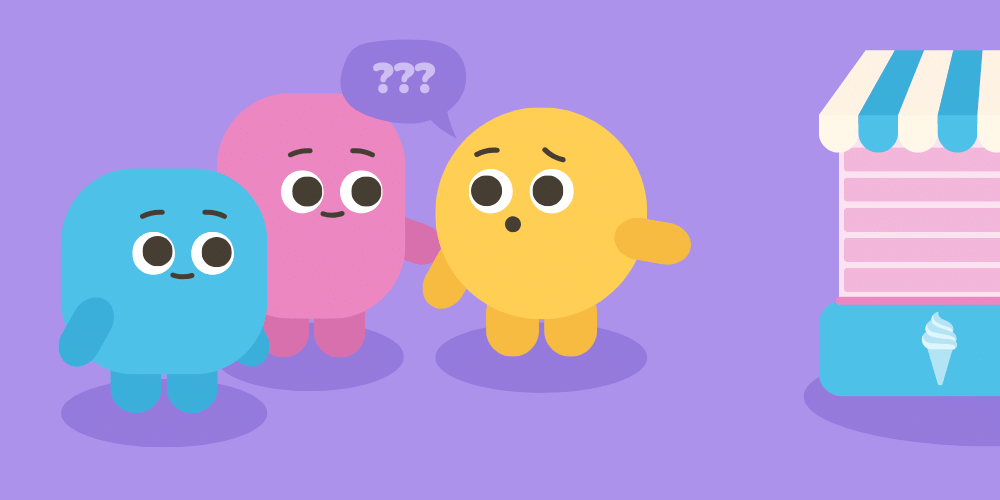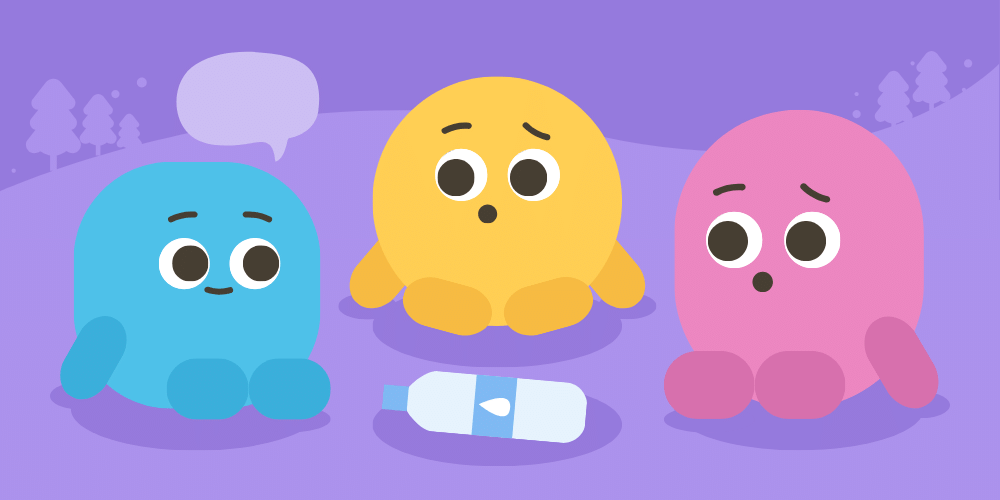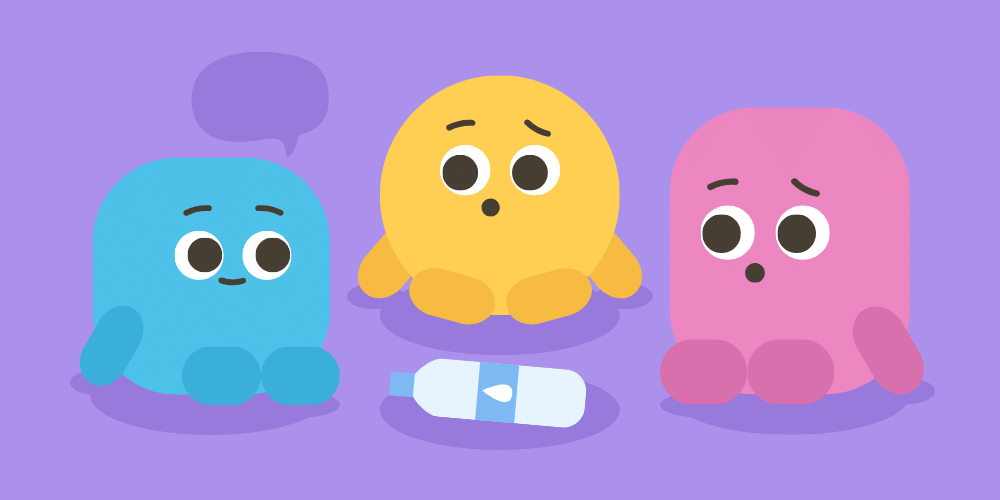
Over eighty-five years ago, researchers embarked on a journey to discover what makes us happy. They have been following volunteers for most of their lives and examining factors that could influence their life satisfaction. This study has become the longest research on happiness. The variety of participants involved and multiple generations of researchers having the same conclusions strongly emphasize its message: Good relationships are the primary predictor of a happy and long life.
Good relationships keep us happier and healthier. Period.
— Robert Waldinger
The benefits of living in a supportive community are undeniable. The countries with high levels of social support are the happiest in the world, and this effect can also be observed on a much smaller scale. In the 1950s, residents of a small town named Roseto enjoyed exceptional health despite being overweight smokers who did not exercise. Rosetans were much healthier than people living in the neighboring towns and only died of old age. The secret of their longevity was their active engagement in the community—they attended local events, cared for each other, and looked out for the older people. Rosetans lived long and happy lives due to the quality of their relationships, a phenomenon now known as the "Roseto effect."
Friendship doubles joy and cuts grief in half.
— Francis Bacon

It does not matter what kind of relationships we cultivate—family, friends, partners, or colleagues—as long as they are intimate.
Intimacy helps you cultivate authentic relationships.
Intimacy is the willingness to let down our guard and let the other see us as we are while creating a space where the other individual feels safe to do the same. In an intimate relationship, we can show our strengths and weaknesses without needing validation or fearing judgment.
A friend is someone who gives you total freedom to be yourself.
— Jim Morrison
Benefits
Here are some benefits of cultivating intimate relationships:
- Increased happiness
- Increased sense of belonging
- Improved health
- Improved self-confidence
- Improved self-worth
- Improved coping with traumas
- Reduced stress
Healthy intimate relationships encourage us to change or avoid unhealthy habits. Good friends provide support during bad times and help us celebrate good times.

Action steps
Two ingredients to cultivating intimate relationships are learning to be known by others and getting to know others better while spreading positivity. Here are actionable suggestions for each:
- Share both your strengths and your weaknesses. Intimacy begins with you. Hopefully, you already find brief periods of solitude to develop a strong sense of self. Only when you know yourself can you love yourself, and only then is there nothing to hide—your objective shifts from impressing others to expressing yourself. While it may be more difficult initially, showing vulnerability can lead to long-term, genuine connections. By revealing yourself despite the fear of being judged, you encourage others to do the same.
- Listen actively and respond positively and constructively.
- First, practice active listening, sometimes called the speaker-listener technique. Active listening involves paraphrasing what you have heard to ensure you understand what the other person is trying to say. For example, when your loved one asks you to buy some carrots, you may respond with, "From which grocery? And how many?" By responding with "Mhm," you may end up looking for parrots instead of carrots.
- Second, remain positive throughout your interactions by validating what others are saying. For example, you might say, "Yes! Let's do it!", "Yes! That is a great idea!", or "Yes! It sounds amazing! I will support you." Spreading "YESes" does not contradict the suggestion to say "no" that was presented in one of the previous lessons, as validating others is not the same as mindlessly filling up our agendas.
- Third, respond constructively to positive disclosures shared by others. For example, when your friend points out a lovely event, instead of just responding with "Wonderful!" you may elaborate on why you think it is wonderful. According to research, how we respond to positive disclosure is more important than how we respond to negative disclosure. The recipient enjoys the event beyond what the event itself provides.
We have two ears and one mouth so that we can listen twice as much as we speak.
— Epictetus

You may choose one or both suggestions depending on what you and your loved ones would benefit from.
Practical tips
Use the following questions to challenge your attitude toward the relationships:
- Are relationships your priority? The question is not whether you think relationships are important but whether you invest in them. Research has shown that prioritizing relationships can make you happier than focusing on earning money. Small investments in relationships, such as leaving a smartphone in the pocket while meeting your loved ones, can lead to significant results.
- Are your relationships real or virtual? Followers on social networks are not a substitute for intimate relationships. Research has demonstrated that the more we interact with social networks, the more lonely we feel—increasing the risk of depression and heart disease and weakening our immune system. We do not need to do something exciting like visiting an amusement park; just being together is enough.
- Do you have friends to count on, or are you just counting them? We are likely to believe that others have more friends than us—this is called friendship paradox. People with more friends are likelier to be in our friend group, making us believe we have fewer friends than others. Even if that were true, it would not matter whatsoever. It's the quality of your intimate relationships that matters, not the quantity.
- Can you make new friends if necessary? Because of the friendship paradox, you most likely have more friends than you think. However, you may need to make new friends in certain life situations, such as moving abroad. The best advice here is to build the relationship on a common interest, such as joining a sports club, volunteering, or attending community events—if you enjoy it, it will not be lost time.
Be kind, open up, be a good listener, and your friendships will become intimate.
The only way to have a friend is to be one.
— Ralph Waldo Emerson


